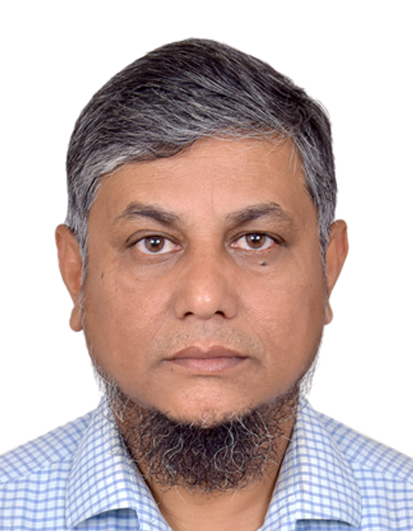スタッフ紹介 / 訪問研究者 / 過去に研究所に在籍した研究者
Md. Asaduzzaman Sarker

- 部門・職位
- 環境共生研究部門
招へい研究員 - 専門
- Organic Farming, Technology Transfer, Video-mediated Extension, Climate Change, and Sustainable Rural Development
- 研究分野/キーワード
- Deforestation, Climate change adaptation, and Community initiatives
- 連絡先
- masarker@bau.edu.bd
Md. Asaduzzaman Sarker
研究概要
Effects of Rohingya Refugees on Deforestation and Need for Revitalizing the Hill Forest in Teknaf Peninsula of Bangladesh
The world is facing severe refugee crises due to war, violence, and persecution based on race, religion, ethnicity and political opinion (UNCHR, 2022). In August 2017, armed attacks, widespread violence, and serious human rights violations forced hundreds of thousands of Rohingya to flee their homes in Myanmar’s Rakhine State. Now, more than 1 million people have found safety in Bangladesh, the majority of whom live in Teknaf Peninsula of the Cox Bazar’s region (IOM, 2018). The Teknaf Wildlife Sanctuary (TWS) in Bangladesh is a protected forest area established in the southern coast of Bangladesh. The Sancturay is experiencing a high rate of deforestation largely due to the establishment of refugee settlements, with fuel wood collection as the main driver responsible for deforestation. It is possible to reduce the negative impacts of deforestation to some extent through innovation capacity development of the forest dwellers, involving them in community-based forest resources management. In this context, the study was undertaken to analyze the effect of Rohingya refugees on deforestation in the TWS. The findings of revealed that due to the massive refugee influx in August 2017, it was reduced 25.78 percent forest area and 16.3 percent agricultural land area in 2022. However, the settlement has increased in the study area by nearly 200 percent during the same time, not to only accommodate the 1 million new refugee settlers, but also the agencies serving the refugees. This rapid rate of deforestation has had extensive impacts on the lives and livelihoods of the host communities. Thus, it is essential to enhance capacity of the host communities to participate in social forestry program to restore the forest in the TWS.
